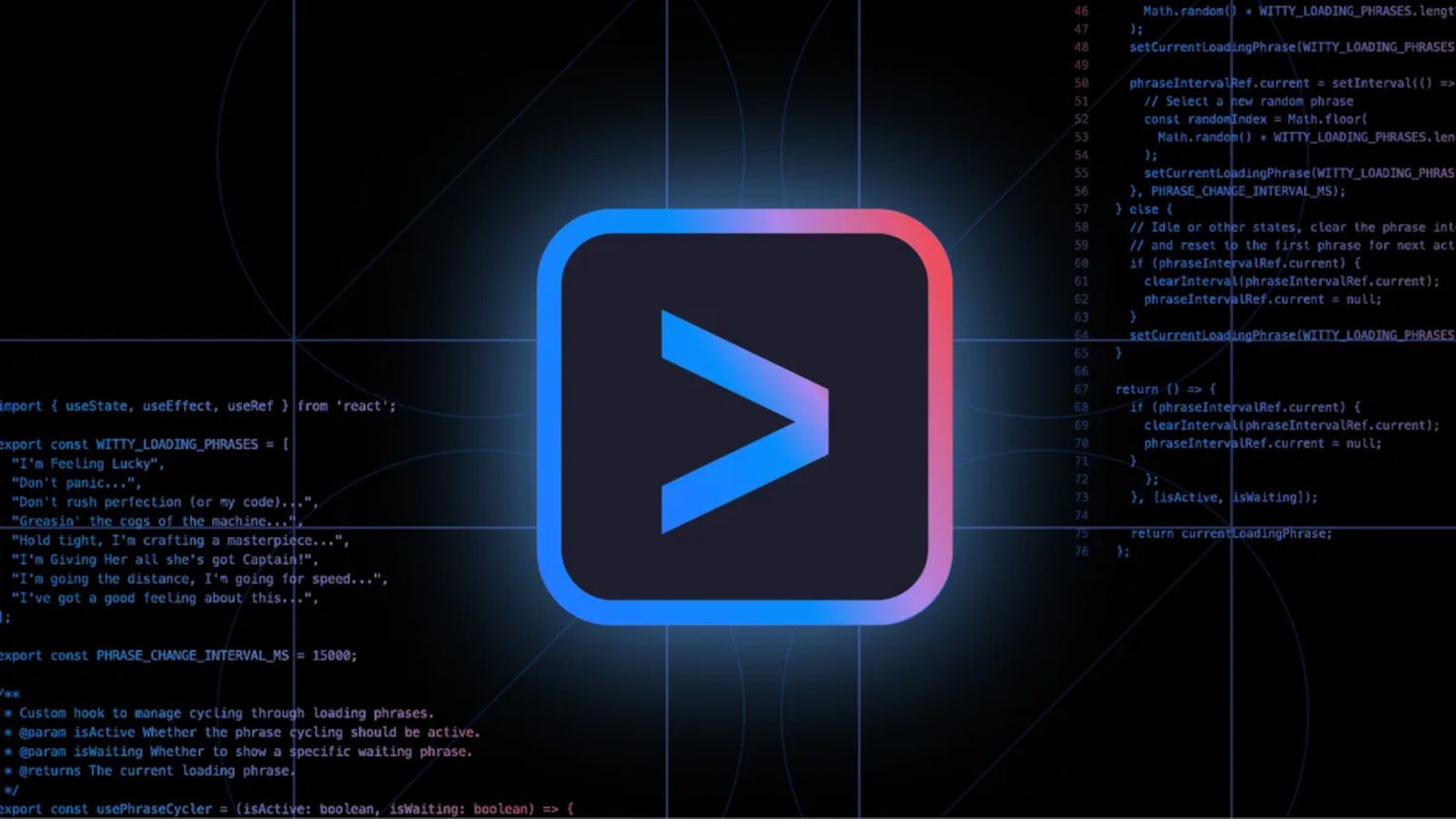On Tuesday, a US Court of Appeals granted the Sackler family full immunity from civil opioid claims against their company, Purdue Pharma, in exchange for payments of up to $6bn to be made to thousands of plaintiffs in suspended lawsuits. The ruling is part of a court review of a bankruptcy restructuring plan for Purdue, filed for Chapter 11 protection in Sep 2019. The Sacklers, who had faced approximately 400 lawsuits in September 2019 over their role in Purdue’s opioid business, had argued their company’s liability shield should extend to them. Legal experts suggest the ruling has implications for the Purdue case as well as for company owners seeking bankruptcy. Before any money can be disbursed to states, communities, indigenous tribes and individuals, the latest version of the bankruptcy plan must go back to a federal district court judge, before it can be returned to the US Bankruptcy Court for final approval. Although Purdue will cease to exist once the bankruptcy takes effect, its assets will be transferred to a newly created company, called Knoa, which will manufacture opioid addiction treatment and reversal medicines at no profit. It will also continue to make existing drugs like OxyContin, with those profits helping to seed settlement funds.
An Appeals Court Gave the Sacklers Legal Immunity. Here’s What the Ruling Means.












